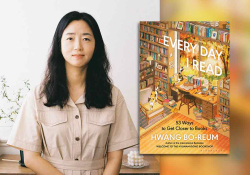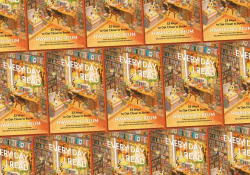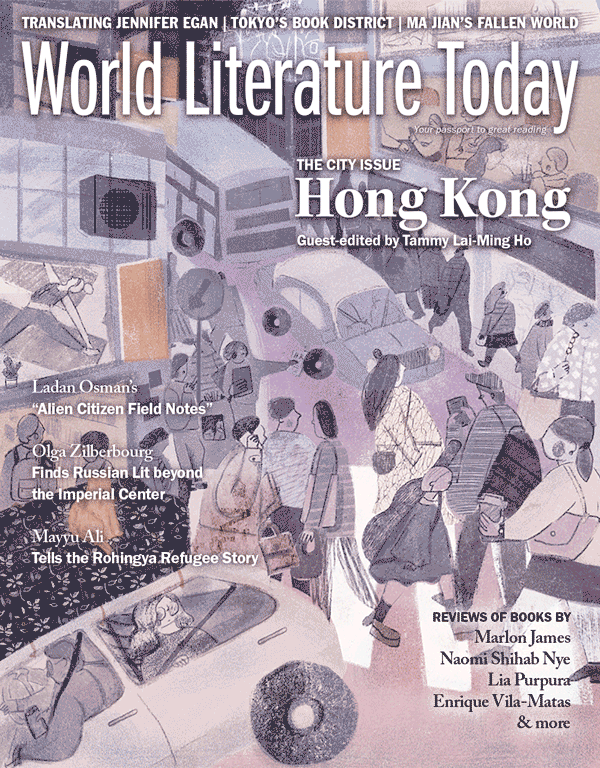Scones

In Eileen Chang’s The Sequel, there is an essay entitled “On Eating Cakes and Drawing Cakes to Stave Off Hunger” that references the Bluebird Café near the Star Ferry Pier in the Central District of Hong Kong. When she was a university student, every time she went into the city, she always bought half a dozen scones. This kind of scone was a small, triangular flatbread. Whenever Eileen Chang passed through Hong Kong, it always seemed to be in the middle of a historical turning point. Now, Hong Kong is once again on the verge of a historical turning point. Near the Star Ferry Pier, you’ll no longer find the Bluebird Café. However, in recent years, the cafés in many large hotels have also begun making scones, but these are round in shape. I don’t know if Eileen Chang was referring to that kind, or if the taste is the same.
Sitting in a beautiful café, you can order English afternoon tea. Within moments, the table will be set with fine china and silverware, a pot of fragrant tea, sandwiches cut into triangles, a small cake, and two scones. There are generally three kinds of sandwiches: tomato and egg salad, tuna, and ham. The small cakes are like delicate wax carvings, filled either with frosting or liqueur centers. The scones are piping hot, and are served with cream and jam—strawberry, apricot, and the like. The cream is of the utmost importance, and of course is none other than the Devonshire specialty. In the old days, friends and I would often pass the time hanging out in cafés, idling away a pleasant weekend afternoon, chatting freely about everything under the sun, and then we’d browse a few bookstores. Those days have suddenly become a floating uncertainty. The more you drink English afternoon tea, the less it tastes like it used to.
Translation from the Chinese
In “Scones,” Xi Xi refers to the celebrated Shanghainese author Eileen Chang (1920–1995), remarking that Chang always seemed to be in Hong Kong “in the middle of a historical turning point.” Chang first moved to the British Crown Colony to study literature at the University of Hong Kong during the Second Sino-Japanese War. In December 1941, one semester before Chang earned her degree, Hong Kong fell to Japan, and she was forced to terminate her studies and return to Japanese-occupied Shanghai. Chang moved back to Hong Kong in 1952, three years after the establishment of the People’s Republic of China, before moving to the United States in 1955. It is noteworthy that Xi Xi wrote this piece in August 1989, two months after the Tiananmen Square Massacre, when Hong Kong “was once again on the verge of a historical turning point.”













